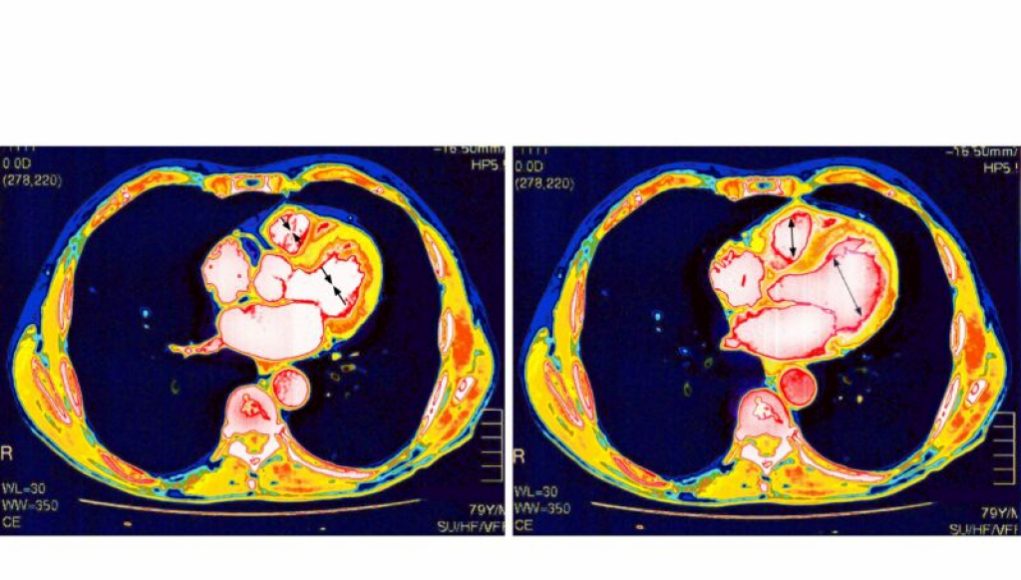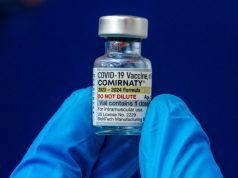Are mRNA-based COVID-19 vaccines safe? Yes, they are! But like any medical intervention, they do come with some risks. One of these risks is inflammation of and around the heart, which is called myocarditis, pericarditis, or myopericarditis. This side effect mostly affects males in their teens and early 20s, usually after the second vaccine dose. However, these conditions are usually mild and resolve on their own.
Studies have shown that the benefits of vaccination outweigh the risks, and male teens and young adults should get vaccinated. In fact, they are more likely to develop myocarditis or pericarditis from a COVID-19 infection than from a COVID-19 vaccination. A recent study led by Harvard University and the Centers for Disease Control and Prevention found that males ages 12 to 17 had a rate of 35.9 cases per 100,000 (0.0359 percent) after a second vaccine dose, while the rate was nearly double after a COVID-19 infection in the same age group, with 64.9 cases per 100,000 (0.0649 percent).
But why do some people develop this complication after vaccination? A new study in Science Immunology provides some fresh insight. The study, led by researchers at Yale University, found that the vaccine is spurring a generalized, vigorous inflammatory response that leads to heart tissue inflammation and damage. The immune systems of these individuals get a little too revved up and over-produce cytokine and cellular responses.
While the study offers a possible answer to the “how,” it doesn’t answer all the questions—including some of the whys, such as why young males? And why the heart? Medical experts don’t know why young males are the most common group to develop myocarditis generally, from any cause. As for why the heart seems to be uniquely damaged, it could be because the heart is constantly working and has limited potential for tissue regeneration, making it more susceptible to inflammation.
Lastly, it remains unclear what exactly in the vaccine is igniting the boosted inflammatory response—the lipid nanoparticles in the vaccines that carry SARS-CoV-2 mRNA or the SARS-CoV-2 mRNA itself. Researchers will need more data and research to understand this and further optimize the safety profile of the vaccines. But for now, the finding that an inflammatory response is behind the cases can help guide treatment and prevention.
Recently, a collaborative study conducted by researchers from Northwestern University and the University of Michigan has come to the conclusion that a rare type of myocarditis (inflammation of the heart) is not caused by the COVID-19 vaccines.
This conclusion was reached after the researchers conducted a study with 15 female participants from both universities, who had been diagnosed with post-vaccine myocarditis between January and March of 2021. The participants had all received the Moderna and/or Pfizer vaccines.
The researchers sought to answer the question: Is myocarditis caused by the COVID-19 vaccines or by other factors? By examining previously collected data on the patients, such as their demographics and vaccine dosage, the researchers quickly ruled out the possibility that their condition was related to the vaccines.
Instead, they found that other underlying health conditions, predominantly comprised of cardiomyopathy, lupus and diabetes, may have been the cause of their myocarditis. Furthermore, the researchers uncovered that multiple infections with different viruses, such as the influenza virus, may have been at least somewhat responsible for the condition.
These findings suggest that the cases of myocarditis reported after receiving the COVID-19 vaccine may not have been caused by the vaccine but rather by a combination of other factors, such as underlying health conditions and viral infections.
Unlike many other articles examining the effects of the vaccine on heart health, this study did not explore the long-term effects. However, the results of this study are still important, as they provide further insight into understanding and diagnosing this rare but serious post-vaccine side effect.
Overall, this research has helped to uncover the mystery of why a few people are developing myocarditis post-vaccination and will allow healthcare providers to better diagnose and treat the condition. The study is an important step forward in understanding the effects and safety of the COVID-19 vaccine and will help to alleviate any worries that one may have about potentially negative side effects.




















